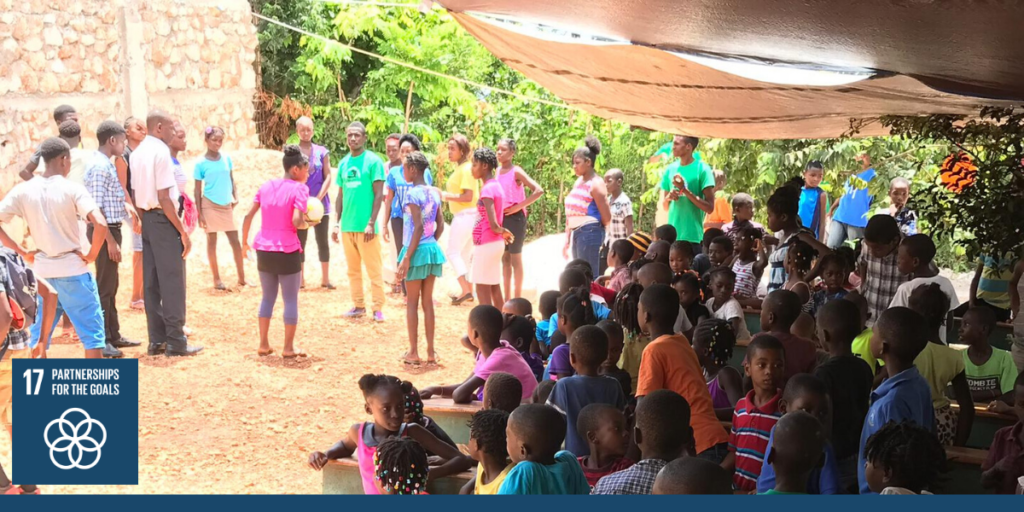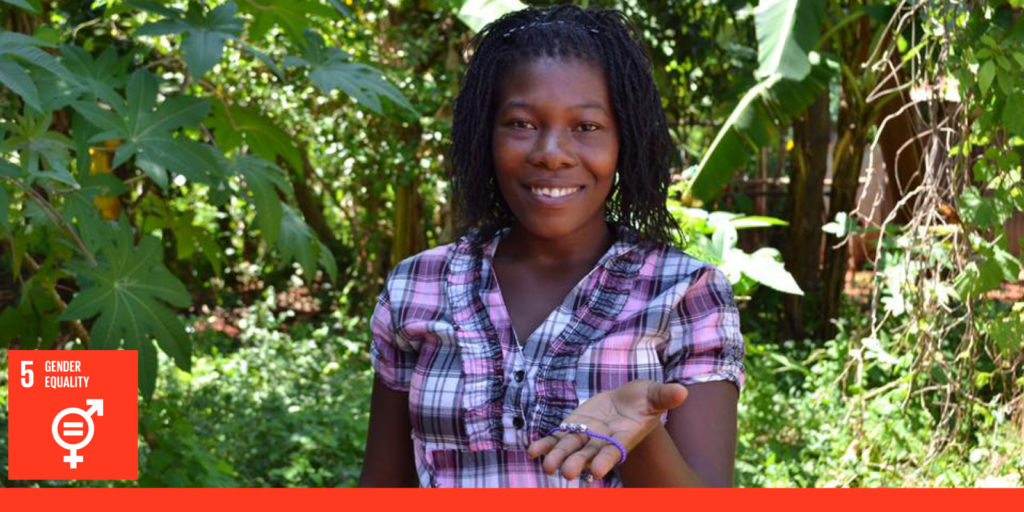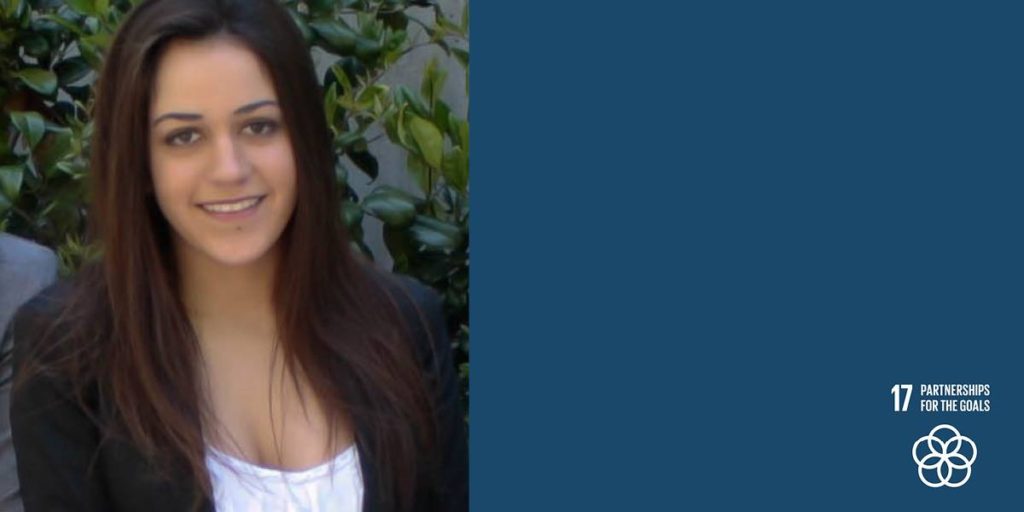Teenagers are not drawn towards risky behavior. Instead, they are more likely to take risks than younger children and adults because they are more accepting of consequences that are unknown, according to findings published in the Proceedings of the National Academy of Science. This means that teenagers typically first consider the potential reward in a given action as opposed to that action’s negative consequences.
The nuances here are important, as these findings can be instrumental in helping organizations best determine solutions for deterring at-risk youth from slipping towards unforgiving circumstances. In Haiti, a vast number of teenagers and young adults remain at-risk because of difficulties they face in their day-to-day existence. The World Bank Group reports that of the “1.6 million Haitian youth aged 15-24, only 13 percent are content with their lives. More than half of 20-year-olds have not completed secondary education and nearly half of youth in the labor market are unemployed.” Pre-determined conditions, including inadequacies in education, healthcare, the labor market, and poverty, increase the likelihood of at-risk youth in Haiti to commit violence, participate in drug use, and engage in unprotected sex – not because they are drawn towards risky behavior, but because the consequences may be unclear.
Volunteers at HavServe are committed to serving as role models for at-risk youth, to encourage them to attend school when possible or engaging in community-building activities. By working closely with school administrators, local political leaders, and parents, HavServe’s determination to inspire young members of Haiti’s to empower themselves through local volunteering fuels our narrative that if you’re spending your time helping others, you are ultimately helping yourself, too. Teenagers in Haiti who participate in our programs are less likely to engage in behavior that could have harmful consequences.
Teens are among the age groups most influenced by information campaigns. If you want to show at-risk youth how they can work towards better lives for themselves, and their communities, contact HavServe today for more details.
If you HAVE, you too can SERVE.
By Andrew Blake – blogger, editor



